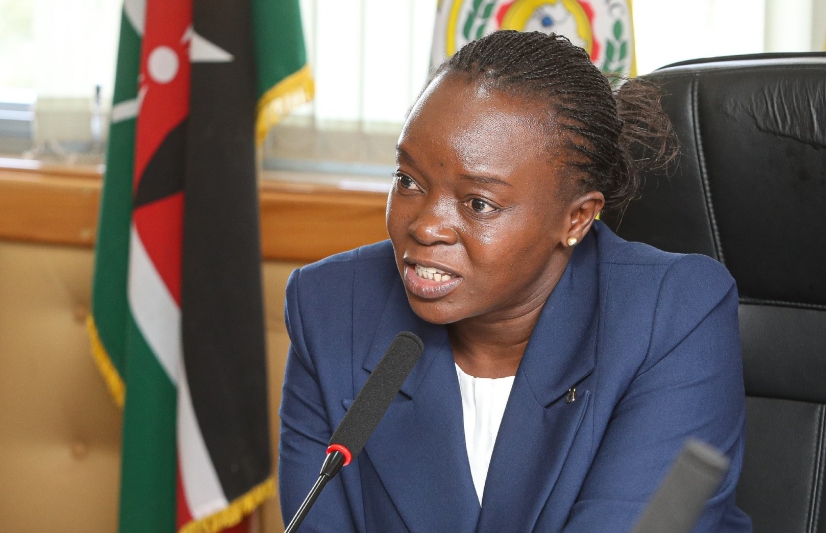The Central Bank of Kenya (CBK) has flagged Deputy President Rigathi Gachagua’s comments about the adequacy of CBK’s foreign exchange cover.
In an interview with a local TV station on Sunday, October 2, 2022, Gachagua claimed that the CBK did not have enough Foreign Exchange reserves even to import oil, blaming it on “state capture”.
“Tumekosa maneno ya Foreign Exchange hata jana pale katika benki kuu hakukuwa na zile pesa za kigeni za kutosha kuagiza mafuta kutoka nchi za nje. Wengine walidhani nimekosa nidhamu kusema manenyo yale mbele ya wageni, ni kweli tulijua kweli uchumi ni mbaya, lakini hatukujua kwa kiasi gani,” Gachagua said.
“Why there was a forex problem is because of state capture. There was a lot of interest in banks where very senior people in government own certain banks and they got involved in this forex business,” he added.
CBK’s stand
However, according to CBK, the government has enough reserves to last over four months, although they are not meant for non-government entities.
“Following the complete liberalization of the foreign exchange market in the 1990’s, all foreign exchange for private transactions is obtained from commercial banks. CBK does not supply foreign exchange for transactions other than for the National Government (i.e., government’s own imports or debt service payments) or CBK’s operations. Oil importers, therefore, obtain their requisite foreign exchange from the commercial banks and not CBK,” CBK said in a statement.
The Central Bank of Kenya Act (Section 26) requires that CBK at all times maintains a reserve of external assets at an aggregate amount of not less than the value of four months’ imports as recorded and averaged for the last three preceding years. These reserves stood at 4.64 months of imports as of September 26, 2022, according to CBK.
“The CBK foreign exchange reserves, therefore, continue to provide adequate cover and a buffer against shocks in the foreign exchange market,” added CBK.
CBK’s usable foreign exchange reserves stood at USD7,424 million (4.19 months of import) as of September 29, 2022.










